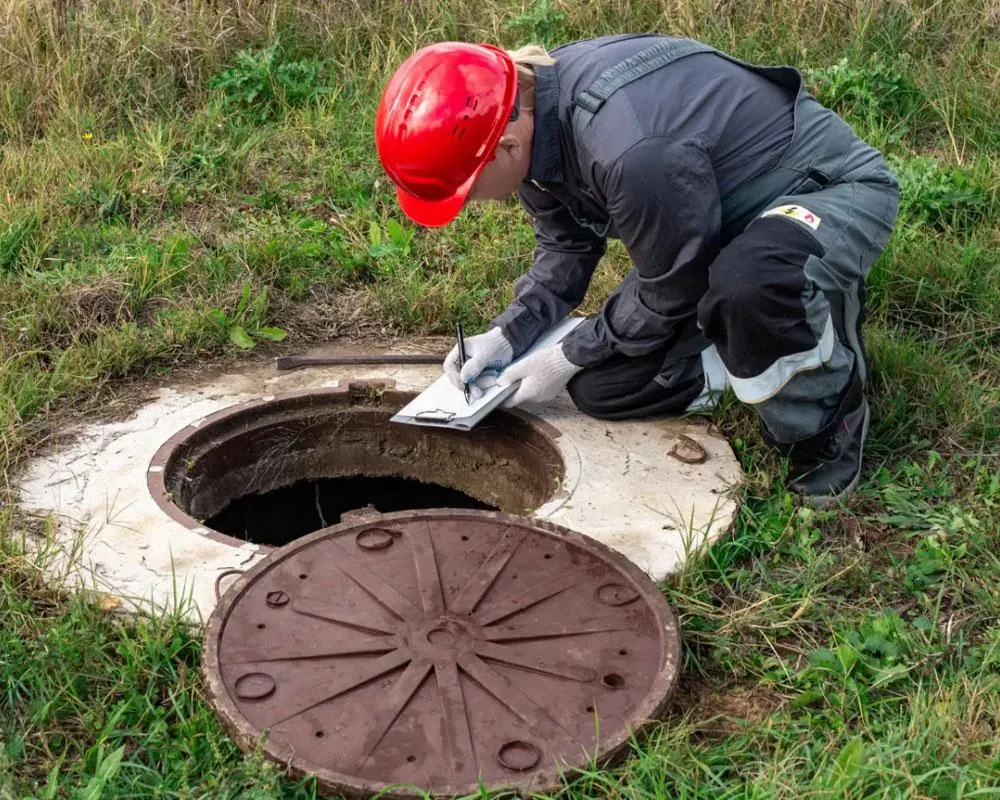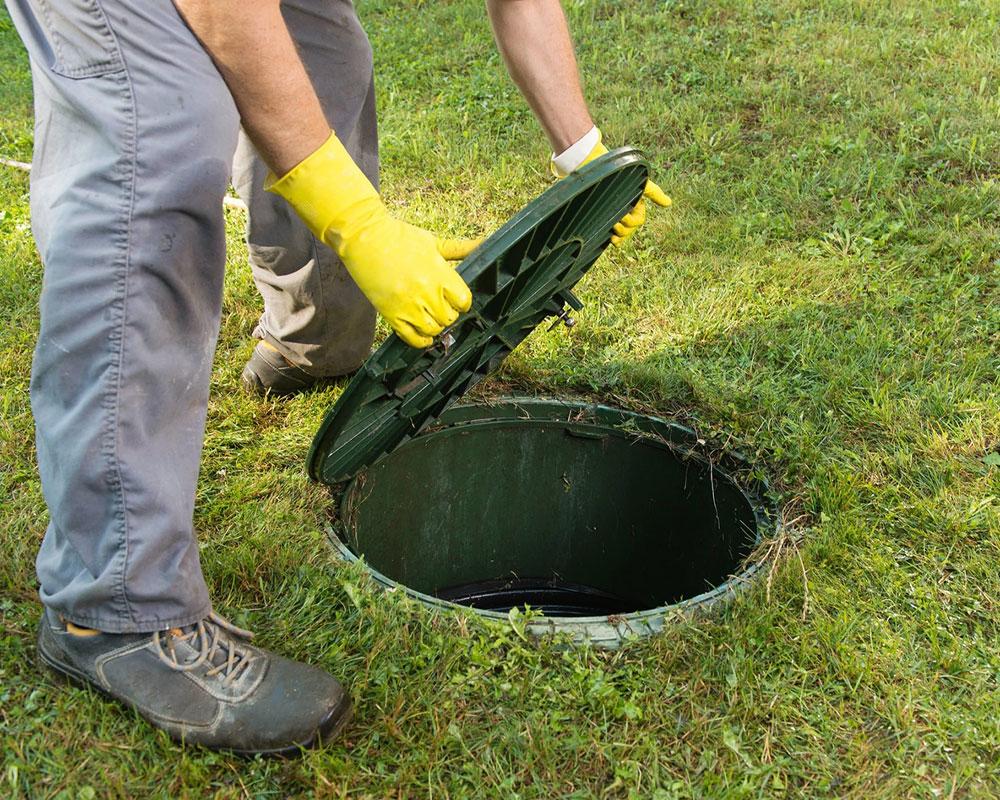
Serving Michigan counties: Macomb, St Clair, Wayne, Oakland, Genesee, and Tuscola Counties
Septic Inspections near Macomb County, Michigan
Superior Surfaces LLC is Committed to superior quality and results!

AVOID COSTLY MISTAKES:
Do NOT hire an excavating contractor without first reading our free guide:
The ULTIMATE Excavation & Septic "Success Guide."

Septic inspections near Macomb County, Michigan: A Practical Guide for Homeowners and Buyers
When wastewater stays out of sight, it’s easy to assume everything underground is fine—until puddles appear, drains slow, and repair bills pile up. Scheduling septic inspections near Macomb County, Michigan, gives you confidence that your system is safe and efficient. This page explains what inspections include, why they matter, and how to book.
How Can We Help?


Why septic inspections near Macomb County matter year-round
Septic systems work quietly until weather, usage, or age expose weak points. Freeze–thaw cycles, seasonal high groundwater, and heavy gatherings can stress tanks, baffles, and drain fields. An inspection finds issues early—cracked lids, saturated trenches, root intrusion, or missing filters—so you can fix small problems before they become replacements. For buyers and sellers, inspections reduce risk, protect property value, and help deals close.
What a full septic inspection actually covers
A proper inspection is far more than a quick glance at the tank. Expect an above-and-below-ground review that documents condition, code alignment, and maintenance needs.
Records and history. The inspector asks about pumping intervals, prior repairs, age, occupancy, and any additions since installation.
Surface assessment. They look for standing water, lush stripes over laterals, odors, and vehicle traffic that may have compacted soil.
Tank location and access. Lids are uncovered, risers checked, and access points made safe.
Structural condition. Baffles, inlet and outlet tees, walls, and lids are evaluated for cracks, corrosion, or displacement.
Liquid levels and flow. Dye or flow tests verify that household fixtures drain correctly and that effluent leaves the tank as intended.
Effluent filter check. Filters are inspected and cleaned if needed to protect the field from solids.
Distribution and drain field review. Inspection ports, distribution boxes, and laterals are examined for even dosing and signs of saturation.
Safety and setbacks. Distances from wells, foundations, and property lines are noted to flag potential risks.
Clear, written report. You receive photos, measurements, and prioritized recommendations you can act on.
Benefits of hiring septic inspections near Macomb County
Protect health and groundwater. A failing system can leak pathogens and nutrients into ditches and lakes. Early detection protects your household and neighbors.
Avoid surprise expenses. Replacing a field is far costlier than routine maintenance. Inspections spotlight low-cost fixes—like adding risers, replacing a filter, or correcting grades—that extend system life.
Improve real estate confidence. Buyers want clarity; sellers want fewer contingencies. A recent inspection helps both sides negotiate with facts, not guesswork.
Match Michigan’s climate reality. From spring thaws to winter freezes, local soils and weather change quickly. Inspections help you plan pumping and maintenance around those patterns.
Document compliance. While rules vary by township and health department, a documented inspection shows you’re being proactive if permits, additions, or time-of-sale requirements are involved.
Signs you shouldn’t wait to schedule
Slow sinks, gurgling toilets, sewer odors, unusually green stripes, wet patches above the field, or back-ups after big gatherings all warrant attention. So do unlocated tanks, missing risers, or systems older than twenty years with unknown history. If you’re planning a home expansion in Macomb County, an inspection helps determine whether your existing system can support added bedrooms or fixtures.
See Our Excavation and Septic

✔️ Commercial Excavation
✔️ Residential Excavation
✔️ Basement Excavation
✔️ Demolition
✔️ Large Pond Construction
✔️ Small Pond Construction
✔️ Dozer Work
✔️ Forestry Mulching
✔️ Grading, Lot Clearing
✔️ Retaining Walls
✔️ Concrete Flatwork - Driveways, Sidewalk, Foundations
✔️ Foundation Repairs
✔️ Full Site Preparation
✔️ Foundation Repairs
Quality Services Launched FAST!

✔️Septic Install and Repair
✔️ Septic Inspections
✔️ Septic Installs Traditional Systems
✔️ Septic Tanks - Plastic/Poly
✔️ Septic Tanks - Concrete
✔️ Drain Field Replacement
✔️ Drainage Systems
✔️ Aerobic Treatment Systems
✔️ French Drains
✔️ Trenching
What Are You Waiting For?
Our straightforward process for septic inspections near Macomb County
1) Quick discovery call. Share your address, number of bedrooms, water usage, and any symptoms. If available, have past pumping receipts or installation drawings handy.
2) Transparent proposal. You’ll see scope, pricing, and any access work required to expose lids. We’ll also outline optional services such as filter installation or camera checks.
3) On-site inspection. The technician locates components, opens the tank safely, performs functional testing, and documents conditions with photos and notes.
4) Clear report and next steps. You receive a plain-English summary with prioritized recommendations: maintenance now, monitor later, or plan upgrades. For real estate deals, the report is structured to answer common lender and buyer questions.
5) Follow-through you can measure. If repairs or pumping are needed, we help you schedule them in the right order so you avoid re-work and extra trips.
How often should inspections happen in Michigan?
As a rule of thumb, plan a professional inspection every three years, more often for large families, short-term rentals, or homes with garbage disposals and water softeners. If your system sees seasonal bursts—summer parties or holiday crowds—consider a pre-season check. Always pump on schedule, but remember: pumping alone is not an inspection. You still need eyes on baffles, lids, and distribution.
What to do before your appointment
Mark the assumed tank area and keep vehicles off it for several days.
Locate wellheads, buried utilities, and any previous septic sketches.
Trim grass over lids to speed access and photo documentation.
Run water normally; inspectors often prefer typical, real-world usage.
Keep pets secured and ensure site access.
Straight talk on costs and value
Prices vary with access, depth, and site complexity. Two points matter most: First, proper access saves money long term. Installing risers now turns future inspections into easy, low-mess visits. Second, documentation pays for itself. Whether you’re refinancing, selling, or planning upgrades, a documented evaluation supports smarter decisions and stronger property value.
Local stewardship, practical mindset
Macomb County’s neighborhoods—Clinton Township, St. Clair Shores, and Romeo—mix older homes with new construction on varied soils. Responsible septic care protects ponds, creeks, and the Clinton River system we all share. Inspections are the foundation of that care: they protect your family, your property, and your community resources.
Hours: Monday-Saturday 6:00am-6:00pm
Extended hours by appointment only.
Address: 23450 29 Mile Rd, Ray, MI 48096, USA
All rights reserved | Client Support Area